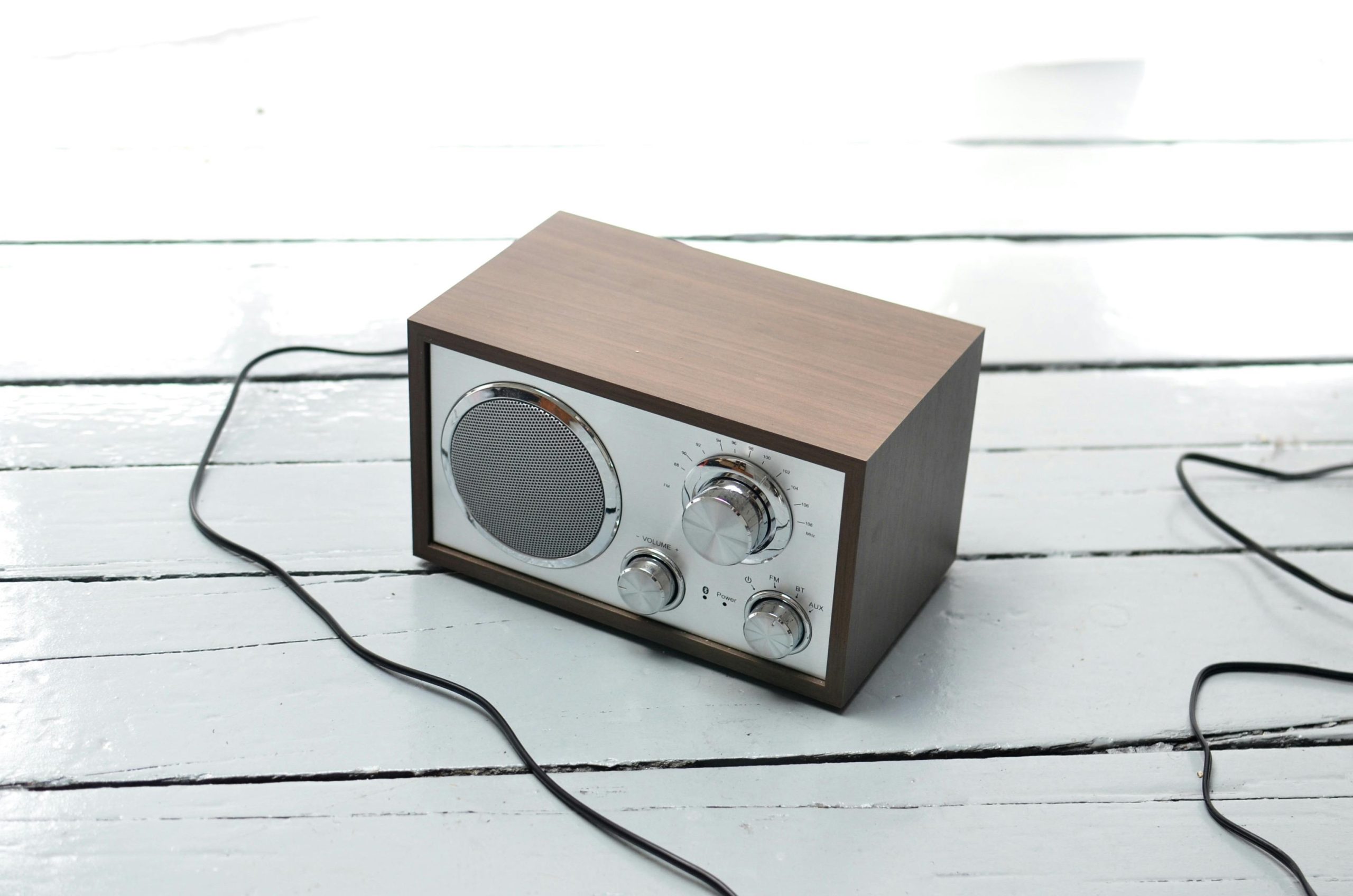Troubleshooting Battery Issues on Your Lenovo B50-70 Laptop: A Comprehensive Guide
In today’s fast-paced world, our gadgets, especially laptops, are indispensable. They allow us to work, communicate, and entertain ourselves on the go. However, a common issue faced by many users is battery malfunction, such as the inability to charge. If you recently purchased a new battery for your Lenovo B50-70 laptop and find that it isn’t recharging, you’re not alone. This article will delve into the possible reasons for this issue and offer solutions to get your laptop up and running without a hitch.
Understanding Battery Problems: Possible Causes
1. Battery Installation
Let’s start with the basics. When you receive a new battery, it’s crucial to ensure it is correctly installed. Incorrect installation might cause connectivity issues, which could be why your battery only shows partial charge or isn’t charging at all.
Checklist for Proper Installation:
- Make sure the battery is fully inserted.
- Listen for a clicking sound or any indication that the battery is secure in its slot.
- Clean the battery contacts with a dry cloth to ensure they are free from dust or grease, which can impede charging.
2. Compatibility Problems
Sometimes, compatibility issues arise if the replacement battery is not designed specifically for your Lenovo B50-70 model. It is essential to verify that the battery you’ve purchased is compatible with your laptop’s make and model. Check if the model number on the new battery aligns with the specifications of your laptop. If it does not, this could be the root cause of the problem.
3. Charger Malfunction
Before diving deeper into battery-related issues, consider the possibility of a faulty charger. If your charger is incompatible or malfunctioning, it could affect the battery’s ability to charge.
To check the charger:
- Inspect the power cord for any visible damage, such as fraying or kinks.
- Test the charger on a different laptop to see if it works.
- Use a different charger that is known to be functioning and compatible with your laptop to see if that resolves the issue.
4. Battery Calibration
Occasionally, the laptop may not accurately read the new battery’s charge level, causing it to shut down unexpectedly or misreport the charge percentage. Battery calibration helps adjust the system to recognize the true capacity of the new battery.
Steps to Calibrate Your Battery:
- Charge your laptop to 100%.
- Once fully charged, unplug the charger and let your laptop run until it shuts down due to low battery — make sure you save all work before letting it run out of charge.
- Reconnect the charger and allow the battery to charge back to 100% without interruption.
- Repeat if necessary to ensure accuracy.
5. BIOS/Driver Issues
Your Lenovo laptop’s BIOS might need updating to properly communicate with your new battery. An outdated BIOS can cause charging glitches or improper charge reading.
Updating BIOS and Drivers:
- Visit Lenovo’s official website and look for any available updates for your specific model.
- Download and install these updates, ensuring your device is plugged in and that you follow Lenovo’s instructions carefully.
Advanced Troubleshooting
If the basic solutions do not resolve the issue, you may need to explore more technical troubleshooting strategies.
1. Check Battery Health and Power Management Settings
Windows and Lenovo laptops often come equipped with tools that enable you to check your battery’s health and manage power settings to optimize performance.
To check battery settings:
- Open Settings > System > Battery. Here, you can see detailed information on your battery’s health and usage.
- Adjust settings if necessary to ensure that they align with typical power-saving measures.
2. Test Battery using Lenovo Vantage
Lenovo laptops come with a specific tool called Lenovo Vantage, which can be used to test the battery and check its health status. Download and run Lenovo Vantage to gain detailed insight into any potential issues.
3. Consider the Power Supply Circuit
If all other solutions fail, there might be an issue with the laptop’s internal power supply/circuit board. This is not a task for the untrained — consulting with a professional technician or visiting a certified Lenovo service center is advisable in this case.
Exploring Long-term Considerations
1. Battery Lifespan
All batteries have a finite lifespan primarily dictated by charge cycles. When purchasing a replacement, researching not only compatibility but the reputation of the battery’s brand can impact longevity. Opt for reputable brands with positive reviews to ensure long-term sustainability.
2. Proper Maintenance for Longevity
Once your battery issue is resolved, maintaining your battery’s health is key. Here are some tips:
- Avoid overcharging: Once fully charged, unplug the laptop.
- Avoid deep discharges: Try not to let your battery drain completely before recharging.
- Store properly: If not using the laptop for extended periods, store it in a cool, dry place with a charge of around 50%.
3. Using Power Banks as Backup
Power banks can be an excellent investment for immediate power needs, especially when on the go. Choosing one with a sufficient output matches your laptop’s power requirements, facilitating charging in emergencies.
Conclusion
Battery issues can be frustrating, especially when you rely heavily on your laptop for daily tasks. Through careful troubleshooting, including checking installation, compatibility, charger functionality, and exploring firmware or BIOS solutions, most battery-related problems can be identified and resolved. Remember, ongoing maintenance is key to extending your new battery’s life, saving time, and potentially avoiding the need for frequent replacements.
Always remain patient and thorough in your approach, seeking professional help when necessary. With time, the dependence on a fully functioning laptop battery can become seamless, ensuring productivity and connection wherever you are.
Share this content:



Response to Lenovo Battery Charging Issues
It sounds like you’ve encountered a frustrating issue with your Lenovo B50-70 not charging after installing a new battery. Here are some additional steps and considerations you might find helpful:
1. Verify Battery Compatibility
As you’ve mentioned compatibility issues, make sure you’re not just looking at the model number. Sometimes even minor differences in specifications can lead to charging problems. Consider checking the voltage and capacity ratings to ensure they match your device’s requirements.
2. Conduct a Power Reset
Occasionally, a power reset can resolve not just battery issues but also other system glitches. To perform a power reset:
3. Check Windows Power Management Settings
Sometimes, the power settings can inadvertently affect charging. Navigate to:
Thank you for sharing your concern. If your new Lenovo B50-70 battery isn’t recharging, here are some steps I recommend:
If these steps do not resolve the issue, I recommend testing the battery health with the Lenovo Vantage app or checking your power management settings within Windows. If problems persist, it could indicate a hardware fault within the power circuit, which might require professional repair or servicing at an authorized Lenovo